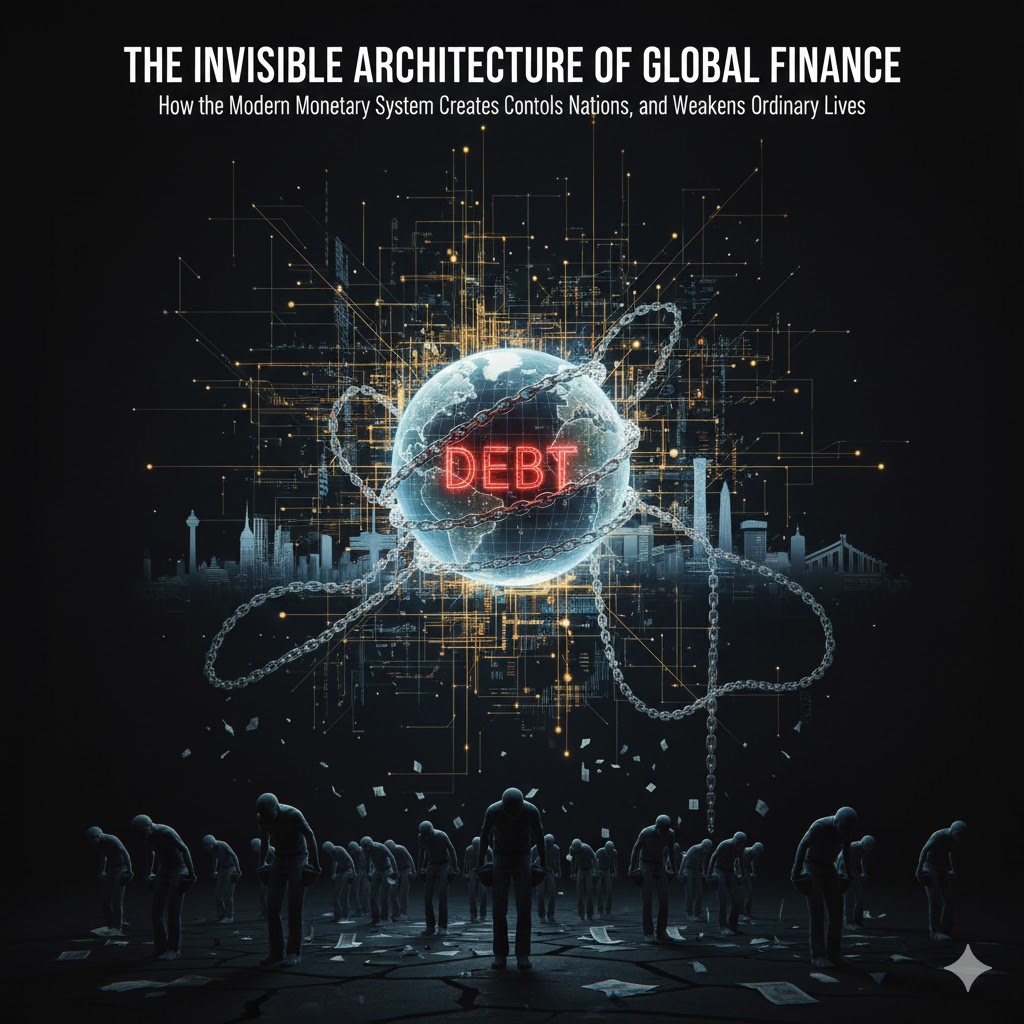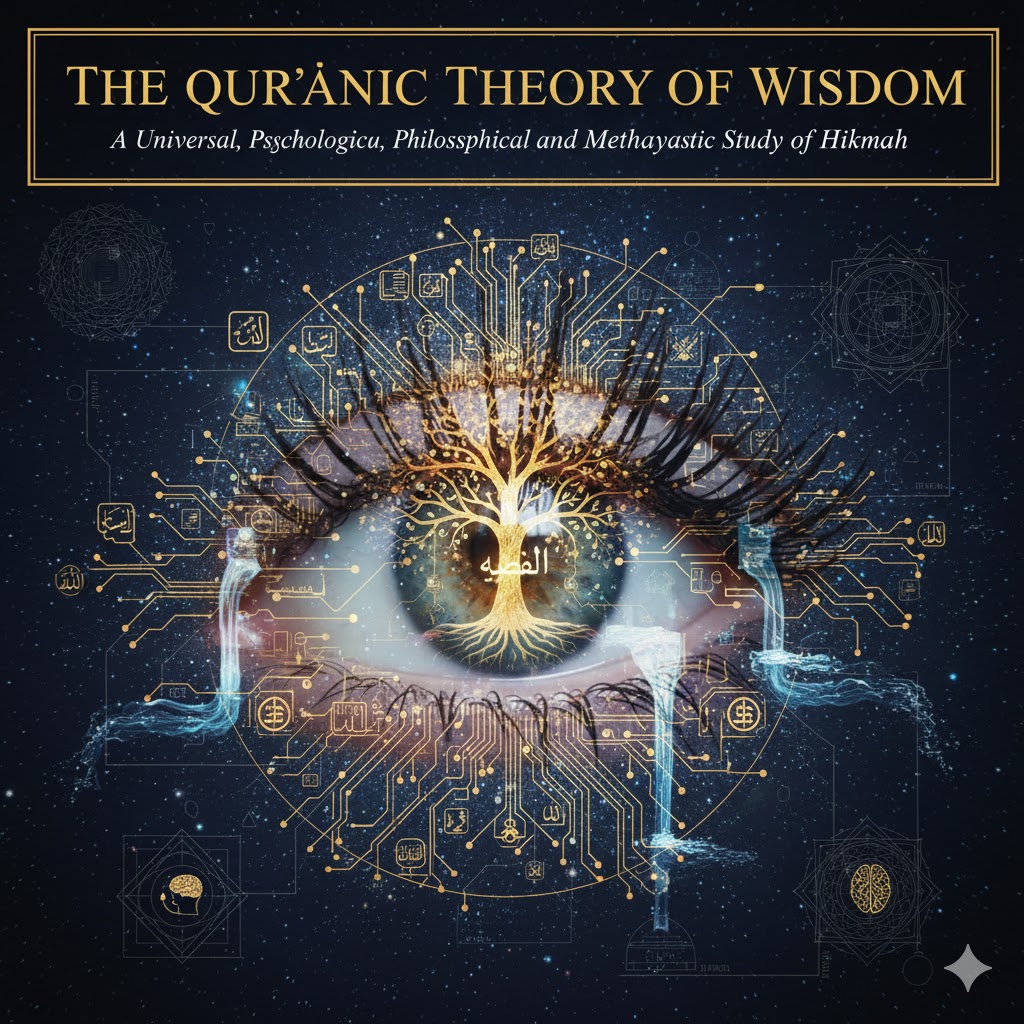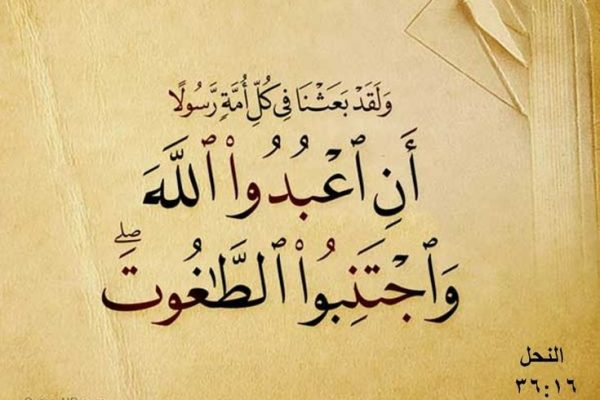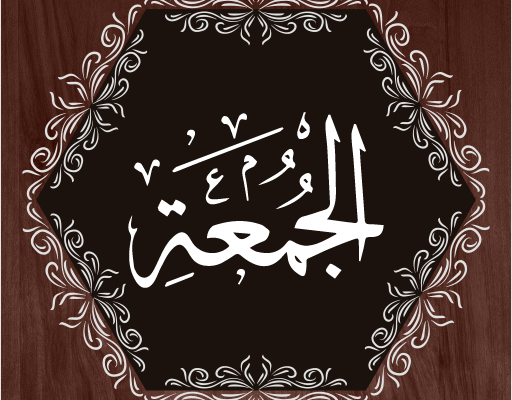Surah Al-Jumu’ah, verses 1 and 2, offer profound insights into the essence of the Islamic system by emphasizing the praise of Allah and the purpose of the Prophet Muhammad’s (peace be upon him) mission. Verse 1 highlights Allah’s attributes as the Sovereign, the Pure, the Exalted in Might, and the Wise, underscoring His complete authority and perfection. This foundation of recognizing Allah’s sovereignty is crucial for understanding the Islamic system.
Verse 2 elaborates on the Prophet’s mission, detailing his roles in reciting the Quran, purifying people’s morals, teaching the Book, and imparting wisdom. These duties collectively aim to guide humanity towards spiritual and ethical betterment, emphasizing the significance of Quranic teachings and wisdom in daily life. Through this analysis, we comprehend the integral components of an Islamic system: divine sovereignty, prophetic guidance, Quranic teachings, and practical wisdom. These elements together form a robust framework for living a life aligned with Islamic













